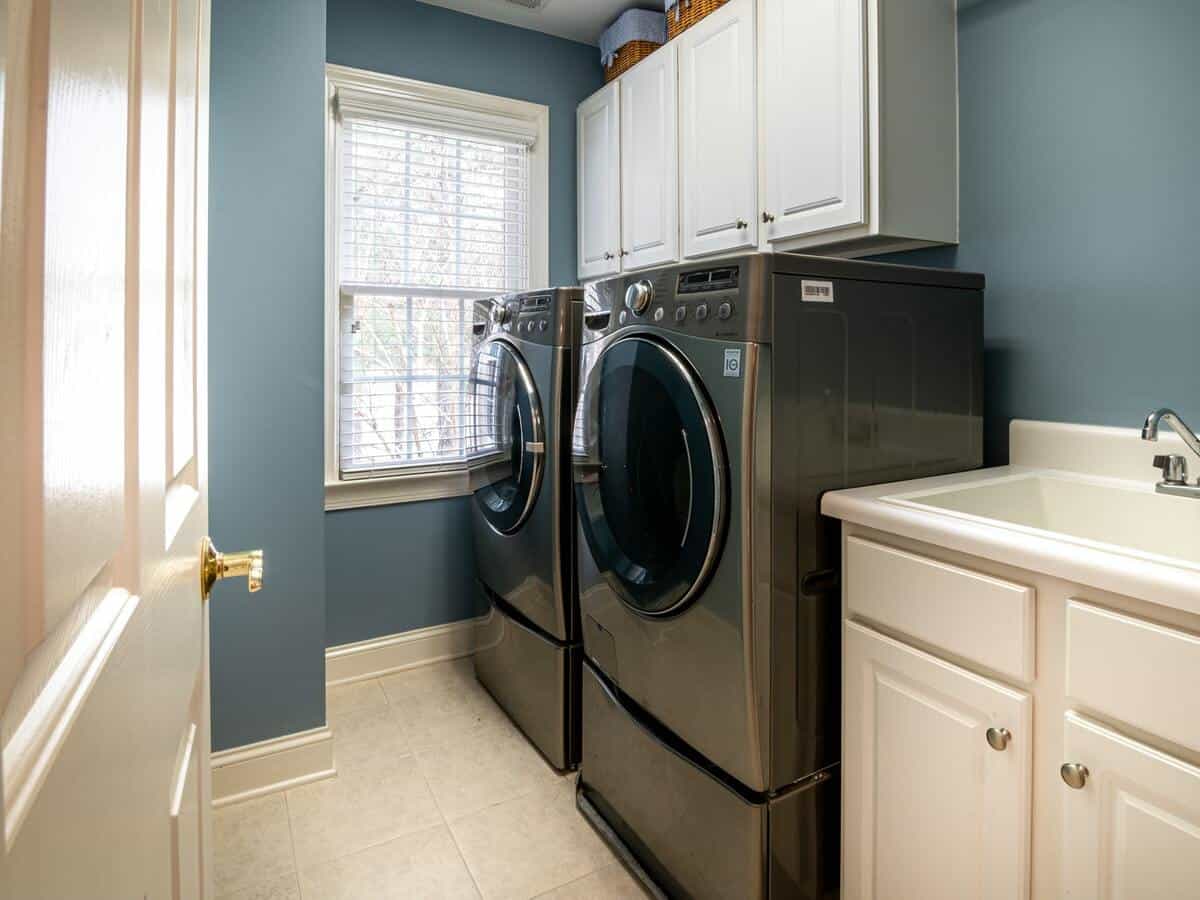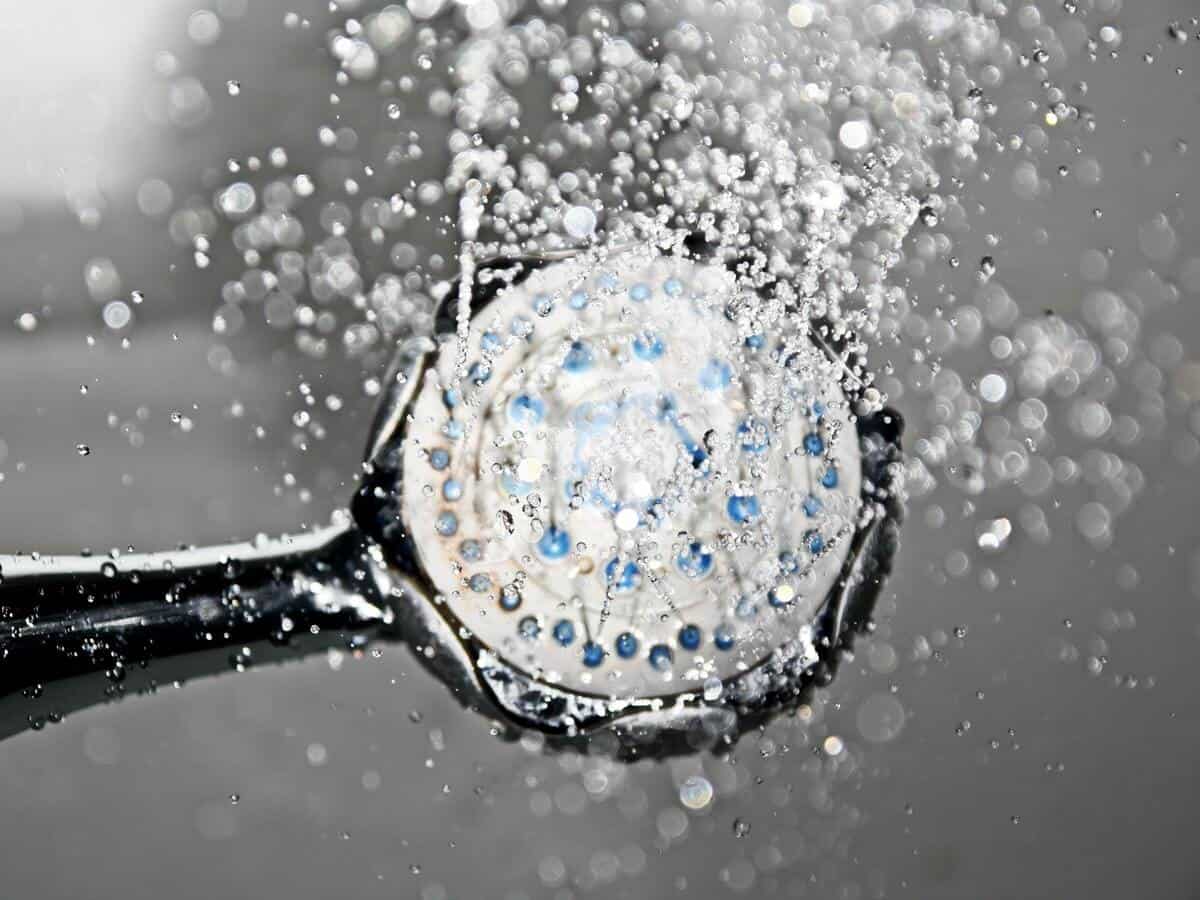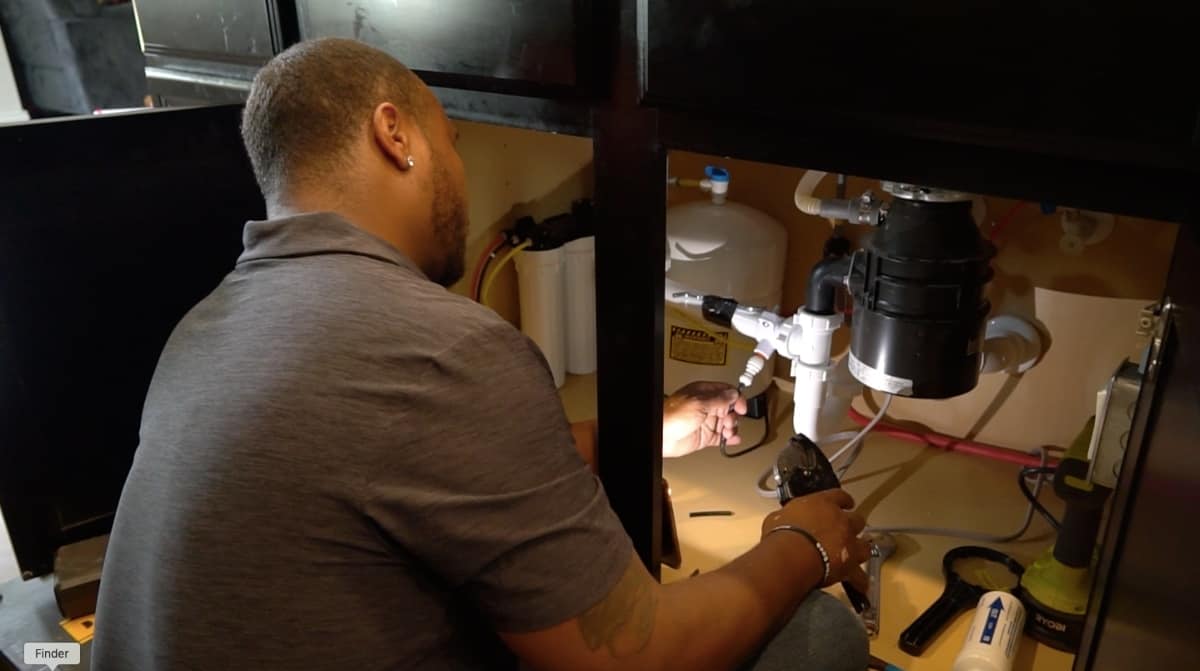Even if you have never lived in a home with hard water before, you will detect that something is wrong right away once you do. If you recently moved to an area like Grand Prairie TX or Fort Worth TX, you can quickly taste the poor water quality. Regardless of where you live, you need clean, clear, and crisp-tasting drinking water. You and your family depend on your water for more than quenching your thirst. Clean, soft water is vital to everyday tasks such as washing dishes and clothing, cooking, and bathing. Do you think you need hard water treatment at home? If so, then you need to seek hard water solutions that work. But first, you need to identify whether you have hard water.
Identifying hard water is complicated because not all hard water has a distinct taste or odor. So you need to learn other common signs to steer you in the right direction.
Here are five signs that you have hard water in your home:
1. Soap Scum Build-up
Any time you add soap to hard water, you will see scum build-up residue around crucial areas:
- Water fixtures
- Showers
- Baths
- Water-using appliances like your washing machine and boiler
- Dishes
Sometimes called scale, these white spots come from mineral deposits of charged magnesium and calcium particles reacting with any soap you use to form an insoluble, calcified substance. What’s worse than the initial appearance of the soap scum is its tendency to build up over time if left unchecked, resulting in mold and mildew deposits that cause clogged drains. In the worst-case scenario, soap scum build-up can host bacteria, which can put your family’s health at risk. If you notice this build-up, it’s time for hard water treatment at home.

2. Your Clothing Is Losing Its Color and Comfort
If your clothes look a little grayer or duller each time you wash them, it’s a good indication that you have hard water. Just like soap and dish detergent, calcium and magnesium do not react well with laundry detergent either. With each wash, your clothing is likely to become increasingly dull, gray, stiff, and less comfortable. The washing machine has a difficult time washing away the soap with the minerals in the mix. Hard water can also make your towels and bed linens feel rough after washing.

3. Showers Aren’t Effective and Don’t Feel Great on Your Skin
Everyone loves a good, refreshing shower. If you have hard water, you probably haven’t experienced a high-quality shower in a while. The core problem is two-fold.
- First, the mineral reaction with the water makes it difficult to work up a good lather in the shower, which means you don’t feel as clean and revived.
- The second issue is that it’s difficult to rinse the soap from your hair and skin thoroughly. The unrinsed residue can lead to skin irritability and rashes. Hard water is especially rough on your hair and scalp, weakening the follicles, which can make your hair dry and frizzy, further resulting in hair loss from falling out.
Ultimately, as discussed earlier, the deposits can negatively affect the shower head itself, creating a clog that weakens the water stream.
4. Your Plumbing Repair Bills Keep Increasing
With clogged faucets, shower heads, and pipes, it’s little surprise your plumber is on standby for hard water issues.
As the hard water mineral deposits build up in your pipes, especially those made of steel and copper, you probably experience tiny leaks that require frequent and costly repairs. Plumbers in areas with hard water often receive calls to assist with issues with water-using appliances like hot water heaters. These appliances have smaller piping, and the minerals can build up quickly, causing corrosion and damage that requires the skills and tools of a professional plumber in most cases.
5. Your Water Bill Is Going Up and Up
Like your plumbing bill, your water bill is likely to increase if you have hard water. Magnesium and calcium scale often cause leaks, clogs, broken or cracked pipes, and other problems that create waste and inefficient use of water. More specifically, hard water can reduce your boiler’s ability to heat the water, which causes an increase in your water utility bill.

There’s A Solution For Hard Water Treatment at Home
Did you know that installing a water filtration system is an effective measure to combat hard water treatment at home? When you choose to make this investment, you’ll start to notice that all these hard water problems have gone away completely. You’ll also get to enjoy the savings and peace of mind that comes from protecting your appliances from wear and tear. To learn more about protecting your water, schedule a free water test with the experts at ONIT. We’re a dedicated team of trained professionals, experienced in helping families identify and eliminate the contaminants hiding in their water. For the past decade, our company has helped countless families enjoy their homes by completing projects both big and small.



